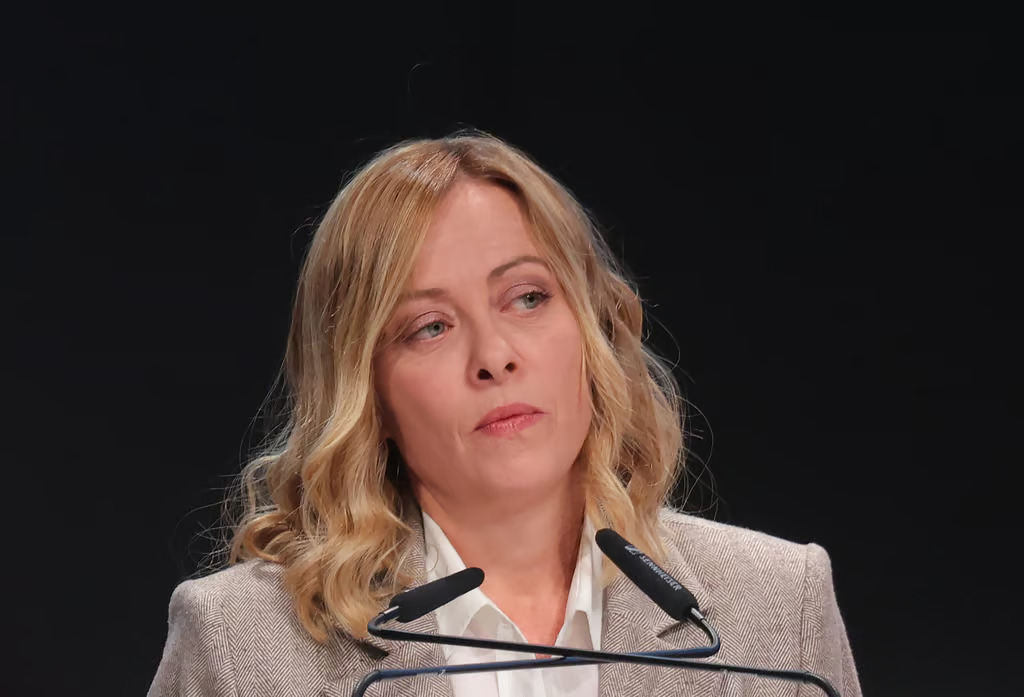When a group of 49 migrants was rescued by the Italian Navy and sent to Albania, their future was uncertain. The plan was part of Italy’s agreement with Albania to handle asylum seekers outside its borders. However, legal issues continue to stop Prime Minister Giorgia Meloni’s government from making the plan work.On Friday, the Rome Court of Appeal ruled that 43 of the migrants could not be kept in Albania, so they were sent back to Italy. Six others had already returned because they were minors or had health problems. This ruling follows an October decision that sent the case to the EU Court of Justice, with a final ruling expected on February 25.
The International Organization for Migration (IOM), which checks migrants’ health, was missing from this recent transfer. Some lawmakers who went to Albania to observe the process raised concerns about the legality and humanitarian impact of the deal.
Since the agreement started, no migrant sent to Albania has been allowed to stay there, raising doubts about its success. The EU requires that a country’s safety be judged as a whole, not just in selected areas, which has led courts to reject the plan. Despite this, the government continues to support the deal, saying it will help manage migration better. However, costs are high, with an estimated €653.5 million needed over five years for infrastructure, staffing, and law enforcement.
The courts’ refusal to approve the deal has increased tensions between the government and the judiciary. Prime Minister Meloni, along with Justice Minister Carlo Nordio and Interior Minister Matteo Piantedosi, is now facing an investigation linked to the repatriation of Libyan warlord Almasri, who is wanted by the International Criminal Court (ICC).
Meloni criticized the court ruling, saying, “If some judges want to govern, they should run for elections.” She remains firm on the Albania deal, promising to push forward despite legal challenges.
Government officials were “surprised” by the latest ruling, insisting that they do not need to wait for the EU Court of Justice decision. However, opposition leaders argue that the deal is a waste of money and ignores European laws. Democratic Party leader Elly Schlein has demanded transparency on how much has been spent, estimating that more than one billion euros have already gone into the plan.
Nicola Fratoianni, leader of the Green and Left Alliance, called the ruling “inevitable” and warned that Meloni should not use it to blame the judiciary or gain political sympathy.
As Italy waits for the European Court of Justice’s final decision, the future of the migration deal remains uncertain. While the government insists on moving forward, legal and humanitarian concerns make its success unlikely. This case highlights the bigger issue of migration policies in Europe—how to balance border control with human rights. The next few months will determine whether Italy can keep its agreement with Albania or if legal obstacles will put an end to it.

